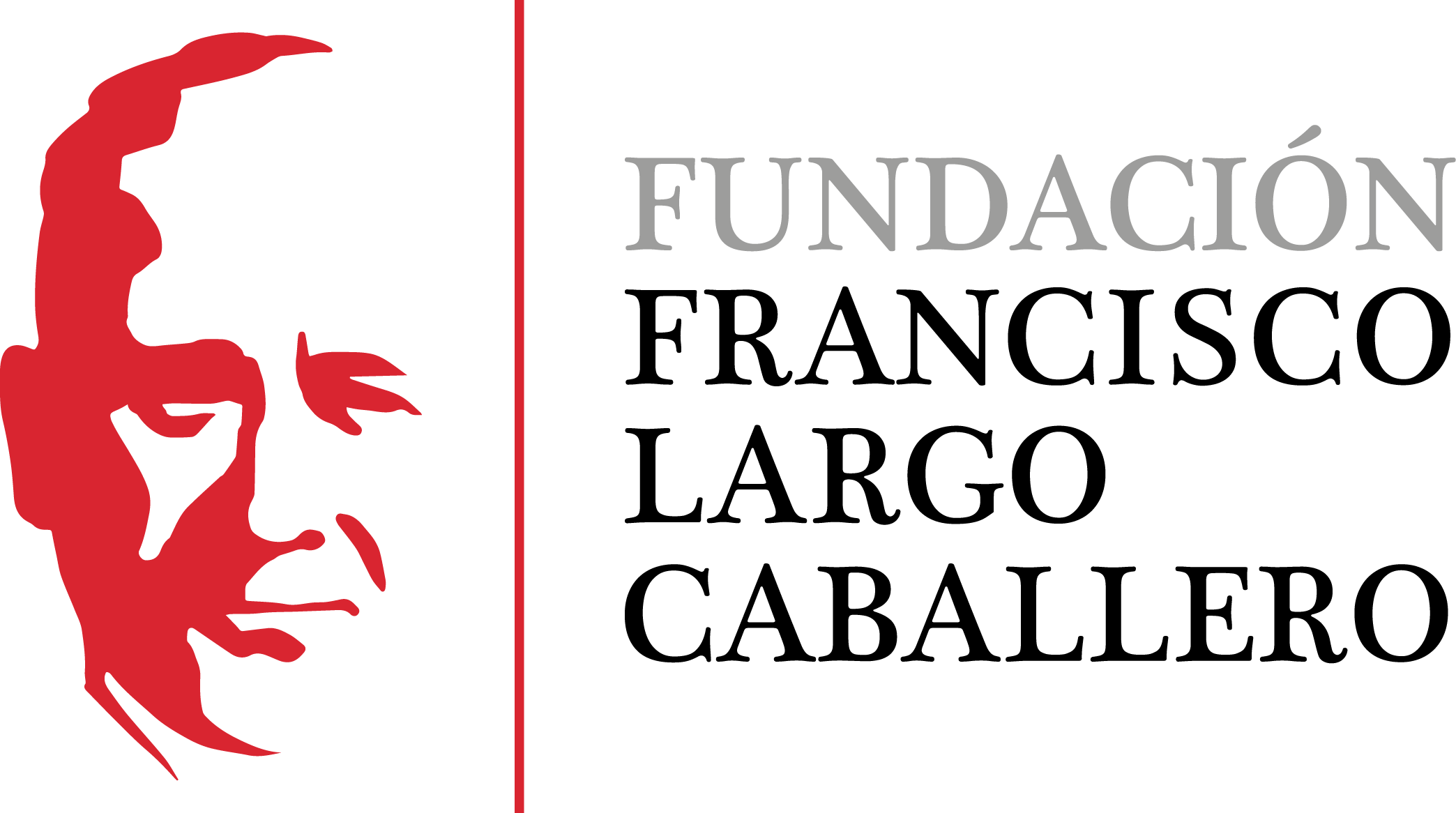«The worker of this village is suffered…». Working class and social conflicts east Burgos: Pradoluengo (1820-1936)
DOI:
https://doi.org/10.69791/rahc.185Keywords:
Manufacturers, working-class, textile industry, social divisions, socialconflict, labour movementAbstract
The process of industrialisation that tookplace in Pradoluengo (Burgos), from the first mechanisation during the seconddecade of the 19th century until the first third of the 20th, meant gradual butsteady social polarisation, and the proletarianisation of the pre-industrialmanufacturing class. This in turn led to a variety of social problems: the worsening working conditions, lower salariesand irregular work patterns that would oscillate between excessive hours and periodicunemployment. Typically, however, the workers of Pradoluengo seemed to acceptthe situation, and there is little evidence of any capacity for self-organisationwithin the labour force. The poor hygiene, non-existent safety measures in theworkplace, lack of food —the direct cause of many illnesses—, and appallingliving conditions were all in stark contrast to the opulent lifestyles of the newindustrialists, the «indianos» or merchant «bourgeoisie». Municipalworks and the oligarchy’s charity barely disguised a situation that even thislatter class itself found disturbing. However, the first timid moves towardsany form of social protest or labour movements did not emerge until the 1920s, and would come to an abrupt end with the outbreak of the Civil War.
Downloads
Global Statistics ℹ️
|
120
Views
|
23
Downloads
|
|
143
Total
|
|
Downloads
Published
How to Cite
Issue
Section
License
Copyright (c) 2011 Juan José Martín García

This work is licensed under a Creative Commons Attribution 4.0 International License.
Alcores is an open-access journal. It provides unrestricted access to its content from the moment of publication. We respect intellectual property rights, and for this reason, the author retains the copyright. All content is distributed under a Creative Commons Attribution 4.0 International (CC BY 4.0) license. The terms of the license can be consulted at: https://creativecommons.org/licenses/by/4.0/
This license allows sharing (copying and redistributing the material in any medium or format) and adapting (remixing, transforming, and building upon the material for any purpose), provided that authorship and first publication in this journal are properly credited, a link to the license is included, and any changes made are indicated.
This type of license facilitates the freedom of reuse and ensures that the content of this journal can be used to meet research needs.









